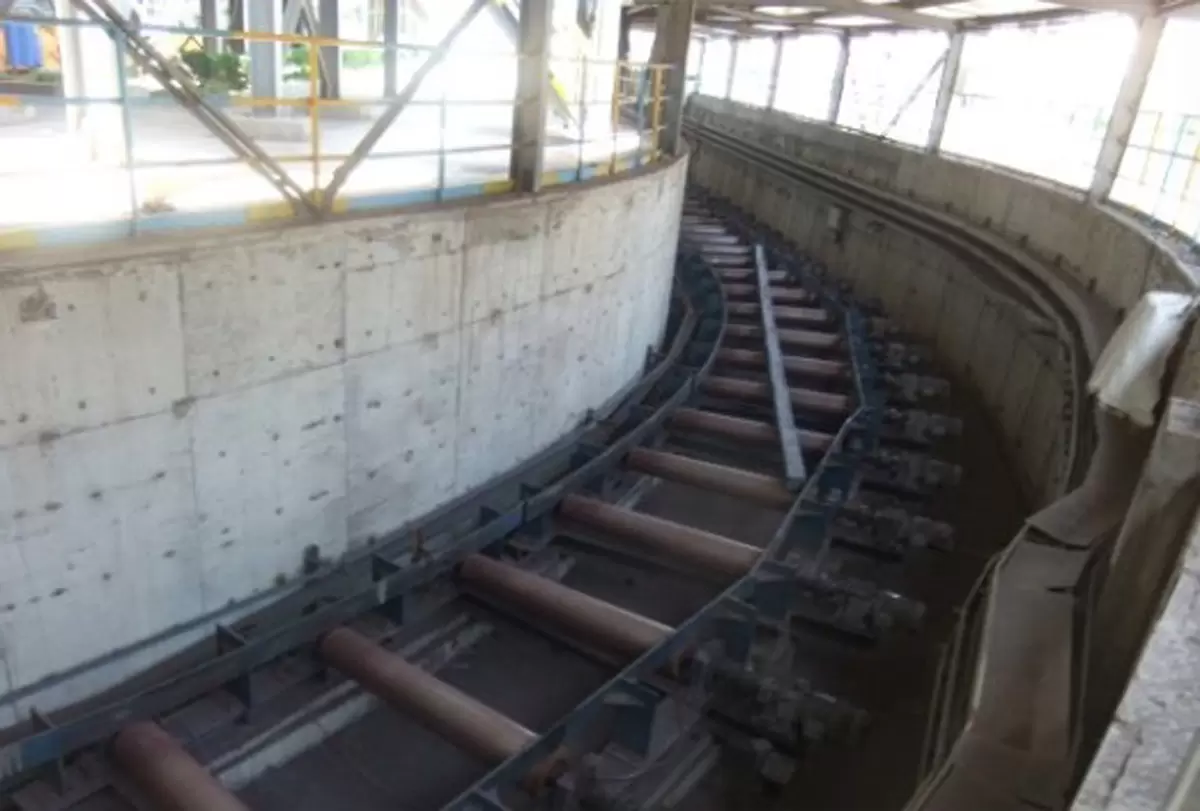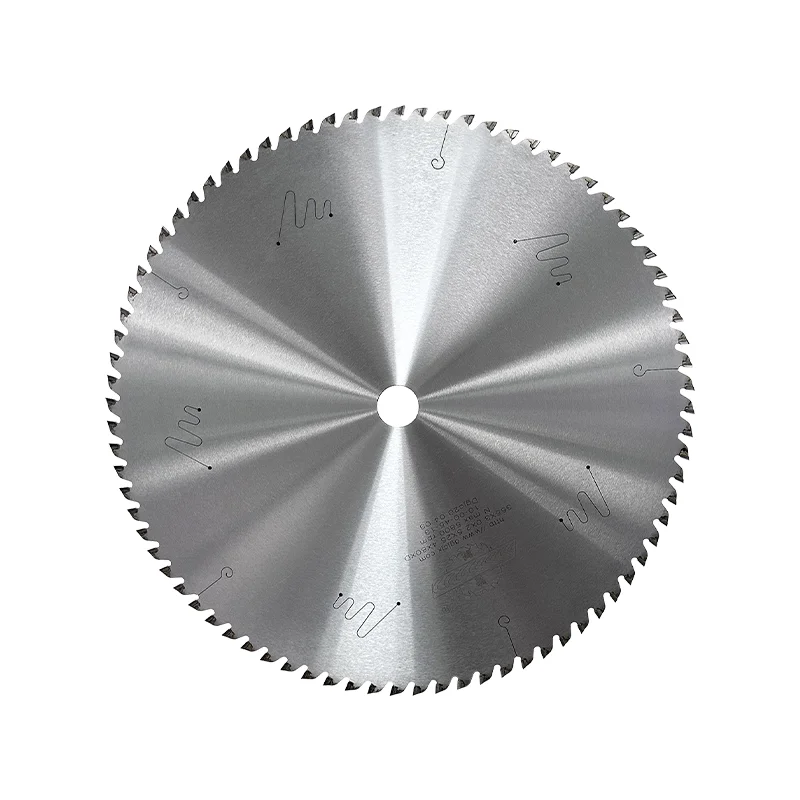In modern industrial settings, efficient material handling systems play a critical role in improving productivity, reducing costs, and ensuring workplace safety. Among these systems, the curved roller table stands out as a versatile and essential component in conveyor technology. This guide explores the functionality, benefits, and industrial applications of curved roller tables, with a focus on the contributions of Dadi, a leading company specializing in bulk material conveying equipment and high-end metallurgical solutions.
What Is a Curved Roller Table?
A curved roller tableis a specialized conveyor system designed to facilitate the smooth and controlled movement of goods around corners or curves in production lines. Unlike traditional straight conveyor belts, curved roller tables allow for optimized space utilization by redirecting material flow efficiently without the need for multiple separate conveyors.

Key Features of Curved Roller Tables
1. Smooth and Flexible Conveyance
Curved roller tables are designed to handle materials with minimal resistance, ensuring seamless movement through bends and turns in production lines. This reduces material handling time and enhances overall workflow efficiency.
2. Robust Construction and Load Handling
Made from high-strength materials such as stainless steel or heavy-duty aluminum, curved roller tables can support significant loads while maintaining durability and reliability in demanding industrial environments.
3. Modular Design for Customization
Many curved roller tables feature a modular design, allowing manufacturers to customize the system according to specific production requirements. This adaptability makes them ideal for various industries, from logistics and packaging to automotive and metallurgy.
4. Reduced Wear and Maintenance
Compared to conventional conveyor belts, curved roller tables experience less friction and wear, leading to longer service life and reduced maintenance costs. Their efficient design minimizes energy consumption and operational downtime.

Industrial Applications of Curved Roller Tables
1. Bulk Material Handling
Industries dealing with bulk materials, such as mining, agriculture, and construction, benefit from curved roller tables as they streamline the movement of heavy loads while maintaining system efficiency.
2. High-End Metallurgical Equipment
The metallurgical industry relies on robust material handling solutions to transport raw materials and finished products through complex production lines. Curved roller tables, offered by companies like Dadi, play a crucial role in ensuring smooth and precise movement of metal sheets, pipes, and heavy industrial components.
3. Logistics and Warehousing
In large-scale logistics and distribution centers, curved roller tables optimize package sorting and transportation. Their ability to guide goods through curved pathways maximizes warehouse space while improving operational speed.
4. Manufacturing and Assembly Lines
Manufacturing industries, particularly those in automotive and electronics sectors, use curved roller tables to maintain continuous production flow. Their integration into conveyor systems enables automated handling, reducing labor efforts and enhancing efficiency.

Dadi: Innovating Bulk Material Handling and Metallurgical Solutions
As a prominent industry leader, Dadi specializes in bulk material conveying equipment and high-end metallurgical solutions. The company is committed to developing cutting-edge material handling technologies, including advanced curved roller tables, to meet the growing demands of industrial automation and efficiency.
Dadi's expertise in engineering and innovation ensures that their curved roller table solutions are optimized for durability, precision, and adaptability. By integrating their systems into production lines, industries can achieve enhanced workflow efficiency, lower operational costs, and improved product quality.


